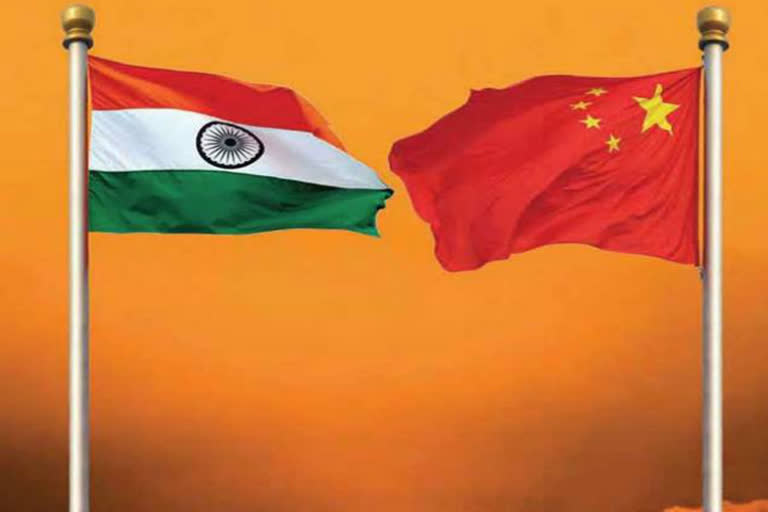Beijing: India's decision to not join China's Belt and Road Initiative over sovereignty concerns related to the CPEC has not affected the bilateral trade ties which have seen an "exponential growth", India's Ambassador to China Vikram Misri has said.
India skipped China's 2nd Belt and Road Forum (BRF) held from April 25 to 27 aimed at showcasing its trillion-dollar Belt and Road Initiative (BRI) over its objection to USD 60 billion China-Pakistan Economic Corridor (CPEC) which passes through Pakistan-occupied Kashmir (PoK).
India had also boycotted the first BRF held in 2017. New Delhi's reluctance to join the BRI has become a major irritant in the relations between the two countries.
"We feel that the infrastructure connectivity should be aligned with national priorities and should respect and follow certain well respected or broadly accepted (norms) in the world, which include the elements of transparency openness, level playing field, social, environmental and financial sustainability," Misri said.
"These are the principles we follow in our own initiatives. The most important thing is that (they) must be aligned with national priorities. That is one basket. The other basket is that these initiatives can be sustainable and successful only in so far as they respect issues related to sovereignty and territorial integrity," he said in an interview with China's state-run CGTN.
In an interview to the state-run Global Times in March, Misri signalled India's plans to stay out the conference which was attended by 37 heads of state and governments, including Pakistan Prime Minister Imran Khan.
Though the latest interview was recorded well ahead of the 2nd BRF meet, parts of it were telecast on May 1, according to a post on the CGTN website.
In the full interview accessed by PTI, Misri said India had its own infrastructure connectivity projects in the neighbourhood and New Delhi's view is that all such projects should be aligned with national priorities.
"With regard to trade and BRI, despite the fact that we are not part of the BRI, there has been no impact on the bilateral trade between India and China. We have seen exponential growth in bilateral trade with China," he said.
"So, we don't necessarily need to look at India-China trade, or indeed the larger economic and commercial relationship through the prism of BRI. I think we can very well progress on that front," Misri said.
Read more:India produces 32.11 million tonnes of sugar in October-April; to hit new record
The bilateral trade has grown to about USD 95.5 billion, inching towards the USD 100 billion marks, a target set by Chinese President Xi Jinping and Prime Minister Narendra Modi to be achieved by 2020.
Misri said India has had its concerns over the way the BRI has been put out and New Delhi's views are not unknown or a secret.
